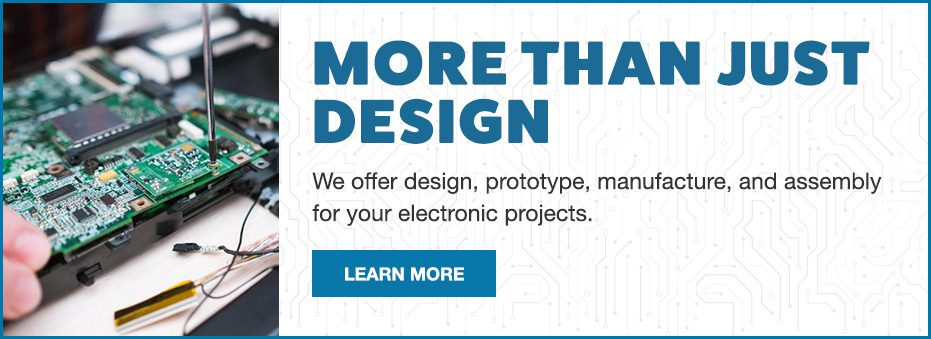Adding Value Through PCB Assembly Testing
Budgets are tight for every industry as material and component costs continue to rise. Tight budgets mean companies are looking for ways to save. In some cases, OEMs are opting out of testing during the manufacturing process, arguing that the peace of mind that comes from testing doesn’t justify the savings of eliminating that step. But what can happen if you choose not to partner with an ECM who follows rigid testing standards?
PCB Assembly Testing Adds Value
Testing should not be considered an add-on. When you partner with an ECM who allows you, or even advises you, to skip the testing stage, consider it a red flag. Testing is a critical phase of PCBA. Any upfront savings does not outweigh the considerable risk assumed by skipping this phase, and not only that, but it takes the focus off of quality assurance. Putting the testing in the hands of the ECM is a wise investment of time and resources.
Testing Allows the ECM to Find the Root Cause of Failure
If you skip the testing phase and your product fails late in the process, your project goes back to the drawing board as your ECM figures out what went wrong. One of the risks of avoiding testing is failing to find the cause of a failure early in the manufacturing process. Finding the root cause of failure post build could mean significant downtime and money as you work on identifying the cause of malfunction. Once the product is out for delivery, it can be much more difficult to discover the root cause of the failure, and will often result in a much more expensive process to identify and remedy the cause.

Testing Ensures Quality
Investing in additional device and equipment testing prior to distribution ensures no defective products remain in inventory and inadvertently goes to market. If defective devices make their way to market, the fallout can be significant in financial cost, reputation, and time. Testing is a critical cross-check.
Testing Helps Avoid Monetary Losses
Covering device and equipment repair, replacement, warranty claims, or legal action can significantly increase losses accrued by defective devices, and can be avoided. When compared with the relatively low cost of testing in the PCBA process, the financial upside is clear.
Testing Results in a More Efficient Timeline
Reviewing and replacing assembly manufacturing is a lengthy process that could cause prolonged supply disruption, fulfillment delays, and lost productivity. Testing identifies the problem during the manufacturing process, where issues are much easier to find and fix and will not involve a lengthy recall process. A small defect can be handled quickly when discovered early.
Quality Assurance Will Help You Keep Your Reputation
Finding failures post production can create distrust. Losing consumer trust results in a loss of business, and earning your reputation back is extremely difficult. Going through the process of a recall can do serious damage to your brand and can be financially devastating as you work to win back your customers.

PCB assembly testing is recommended for a reason. The testing that your PCB will go through is comprehensive and powerful, checking one component at a time to ensure full functionality of your final product. The advantages of including testing in the PCBA process are clear, and it’s why we value testing throughout every build. Contact Levison Enterprises for a quote on your next project today.
Start Your Quote Now!